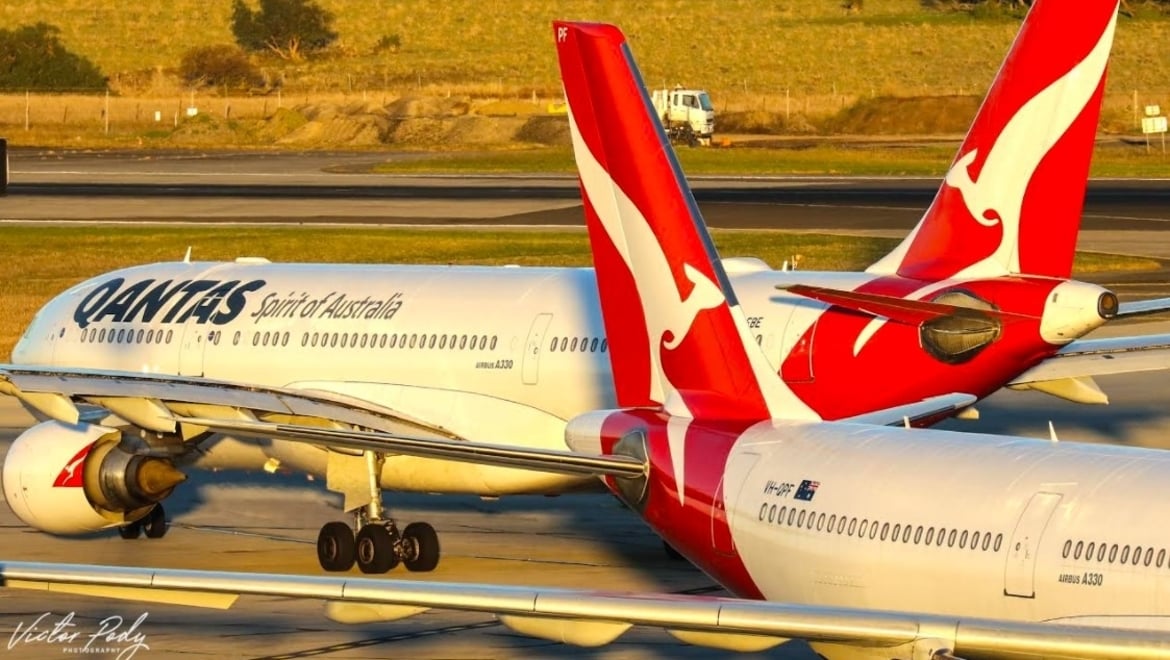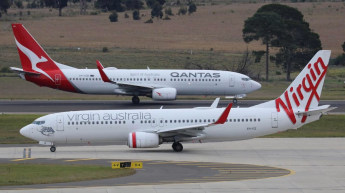
The Australian and International Pilots Association (AIPA) has lost its right to exclusively represent Qantas pilots, following a challenge by rival union the Australian Federation of Air Pilots (AFAP).
The Fair Work Commission’s deputy president Tony Saunders said that while the AIPA had “performed well” in negotiating terms with Qantas, it didn’t mean it was necessarily the better organisation. It followed an appeal by the AIPA to an earlier ruling.
“The collective power of the pilot cohort will remain strong and the voices of those pilots will remain authoritative and effective … even though union density will be spread between the AIPA, the AFAP and to a minor extent the Transport Workers Union,” Saunders said.
The AIPA told The Australian the decision would have a “significant impact” on the rights of more than 2,000 staff.
Prior to the creation of the AIPA in 1981, the AFAP represented Qantas pilots.
“We believe the AFAP is the best union for all Australian pilots because we’re the oldest, we’re the largest, we’ve got experience across all sections of the industry and we’ve got very engaged and skilled representatives,” said AFAP executive director Simon Lutton.
It comes more than a year after AIPA reached a deal with Qantas management for its members to fly new ultra long-haul ‘Project Sunrise’ routes.
In March 2021, AIPA president Mark Sedgwick hinted the then-emerging COVID crisis played a part.
Sedgwick said, “This is an incredibly uncertain time for our members, with many stood down from flying on no pay, with no end in sight. When we return to flying, our expert pilots will be at the helm as part of Qantas’ ultra long-haul services.”
Before the COVID-19 crisis, Qantas had a March 2020 deadline to place a multibillion-dollar order with Airbus for a new fleet of up to 12 A350-1000 jets to operate what would be the longest commercial flights in the world.
The carrier said it needed pilots to agree to a new pay deal, which included “productivity benefits” to make the Project Sunrise business case stack up before it could make the order.
At one point, Qantas chief executive Alan Joyce upped the stakes in his negotiation with the AIPA, telling reporters there was “no shortage of pilots” ready to take on the assignment in an off-the-cuff remark.
“I’ve had the letter from a captain from China Southern who says he’s been laid off in recent issues there, and he can get hundreds of captains from China and Asia to operate Project Sunrise if we want to,” said Joyce.
Previously, in a memo obtained by Reuters, Qantas International head Tino La Spina was reported as saying the airline would form a new lower-cost pilot group if needs be.
The news is the second big shake-up of Australia’s pilot union in recent months.
In May, the TWU and the Virgin Independent Pilots Association (VIPA) confirmed their merger.
The plan, first mooted in November last year, will see a new pilots’ division created within the larger organisation that will include special representation and loss of licence protection for members.
















Rod Pickin
says:This industrial decision has far more concerns for its members than it appears at first sight and we have to acknowledge that the main problem is the planned much extended flight time duty hours, (up to 24hrs) surrounding the possible A350-1000 ultra long haul ops to Europe and the East coast of the USA from Oz. In many statements, QF from AJ down seem adamant that they will demand at any cost to operate these services at or below minimum standards of human physical and mental abilities for what, profits at lower costs of course; – what about safety and OH&S of both the crew and the pax on these services, in addition, are there sufficient facilities and space onboard ie, galleys and toots, to properly support the total operation? In my view, there should be a double tech crew and a 50% increase in cabin crew to operate these services the alternative again in my view a better option for the consumer and the crews would be to maintain the current one stop enroute; is that really adding that much time to the journey.